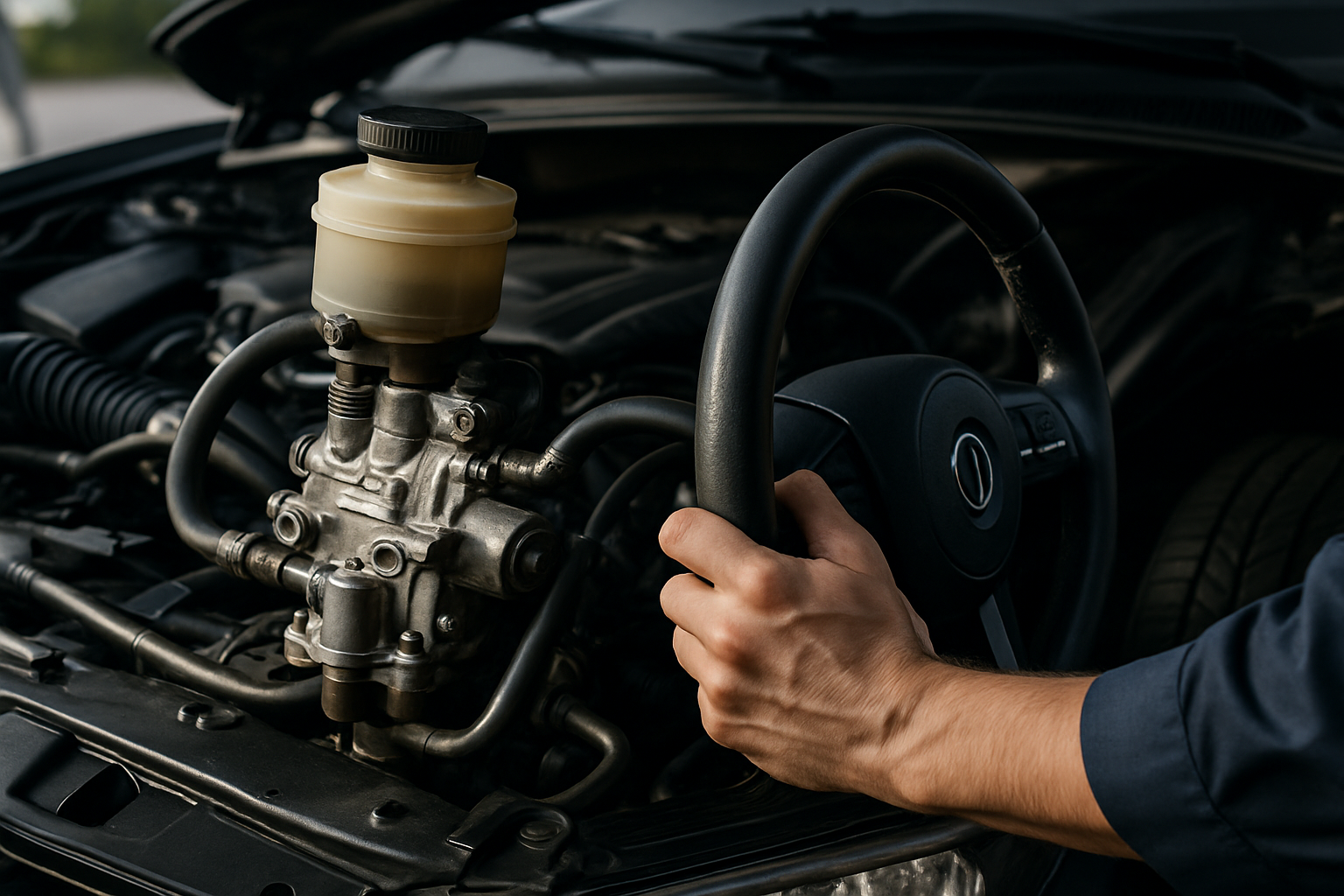How to Buy a Reliable Used Car: Your Complete Buying Guide
Purchasing a used car can be a smart financial decision that helps you save money while still obtaining a reliable vehicle. However, navigating the used car market requires careful research, strategic planning, and a thorough understanding of what to look for during the buying process. This comprehensive guide will walk you through the essential steps and considerations to help you make a confident and informed used car purchase.

How Do I Select a Good Used Car to Buy?
Selecting the right used car involves more than just finding a vehicle that looks appealing. Start by assessing your specific needs, budget, and lifestyle requirements. Consider factors like your typical driving conditions, passenger requirements, fuel efficiency, and maintenance history. Research different makes and models known for reliability and low long-term ownership costs.
Create a list of potential vehicles that meet your criteria, then narrow down your options by checking consumer reports, reliability ratings, and average maintenance expenses. Focus on cars with consistent performance records and manageable repair costs.
Understanding Price Ranges for Used Cars
Used car prices can vary dramatically based on several key factors, including vehicle age, mileage, condition, and market demand. Generally, used car price ranges include:
-
Economy segment: $5,000 - $12,000
-
Mid-range vehicles: $12,000 - $25,000
-
Premium used vehicles: $25,000 - $50,000
-
Luxury or collector vehicles: $50,000+
| Vehicle Category | Price Range | Typical Age | Mileage |
|---|---|---|---|
| Budget Options | $5,000-$12,000 | 8-12 years | 100,000-150,000 miles |
| Mid-Range | $12,000-$25,000 | 4-7 years | 60,000-100,000 miles |
| Premium Used | $25,000-$50,000 | 1-3 years | 20,000-60,000 miles |
Prices, rates, or cost estimates mentioned in this article are based on the latest available information but may change over time. Independent research is advised before making financial decisions.
Critical Points to Remember When Buying a Used Car
Before finalizing your purchase, conduct a comprehensive vehicle inspection. Request a detailed vehicle history report to uncover potential past accidents, maintenance issues, or ownership complications. Have a trusted mechanic perform a pre-purchase inspection to identify any hidden problems.
Key inspection points include:
-
Checking tire condition and wear
-
Examining brake system functionality
-
Verifying engine performance
-
Assessing transmission health
-
Reviewing overall structural integrity
Negotiating and Finalizing Your Used Car Purchase
When negotiating, come prepared with market research and comparable pricing. Use online valuation tools to understand fair market value and be willing to walk away if the deal doesn’t meet your requirements. Consider factors like remaining warranty, potential repair costs, and overall vehicle condition when determining your maximum budget.
Financing and Insurance Considerations
Explore multiple financing options, including bank loans, credit union rates, and dealer financing. Compare interest rates and terms to secure the most favorable arrangement. Additionally, obtain insurance quotes before purchasing to understand the total ownership costs.
Conclusion
Buying a used car requires careful planning, thorough research, and strategic decision-making. By understanding market dynamics, conducting comprehensive inspections, and approaching the process methodically, you can find a reliable vehicle that meets your needs and budget.




